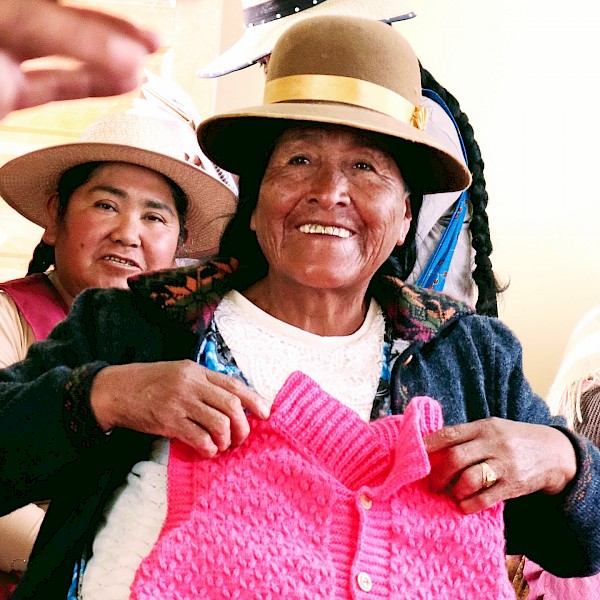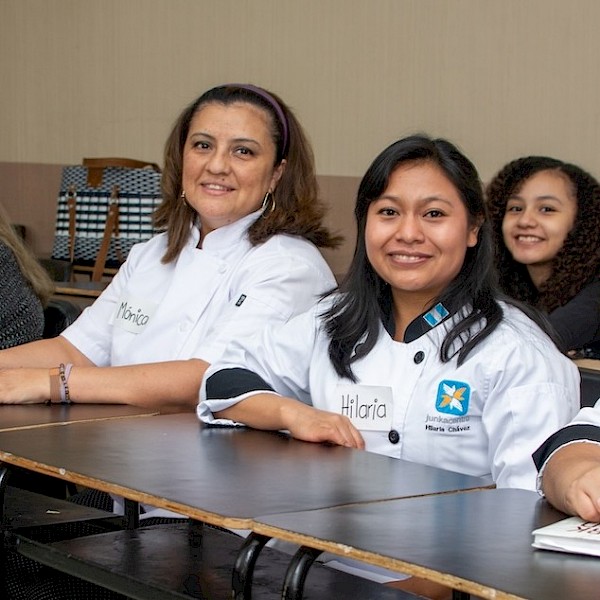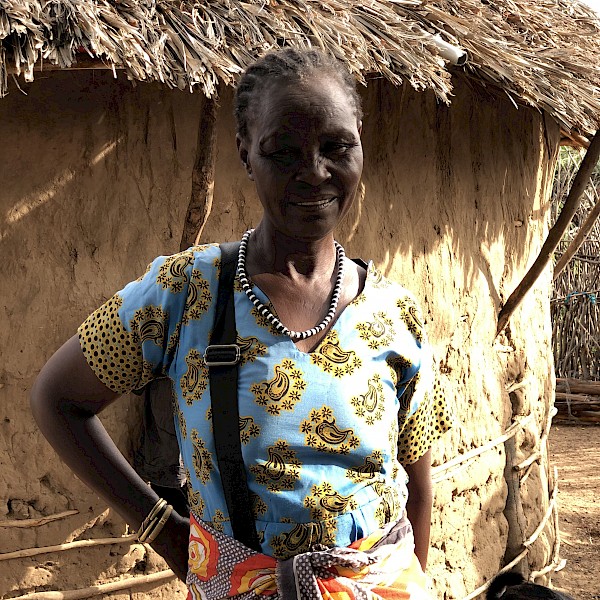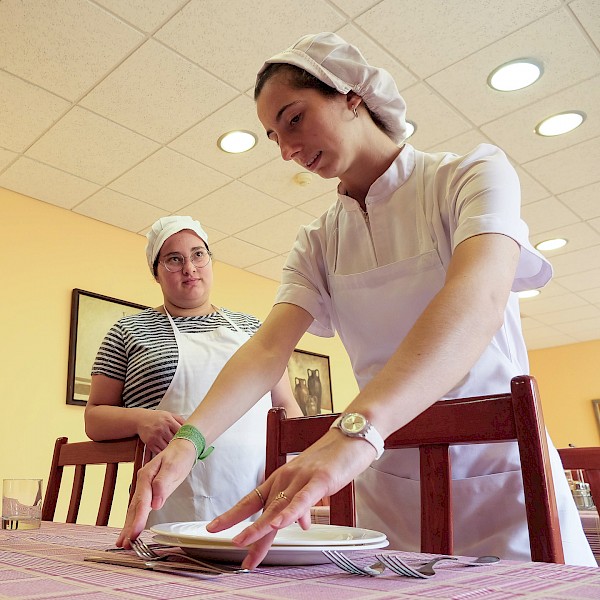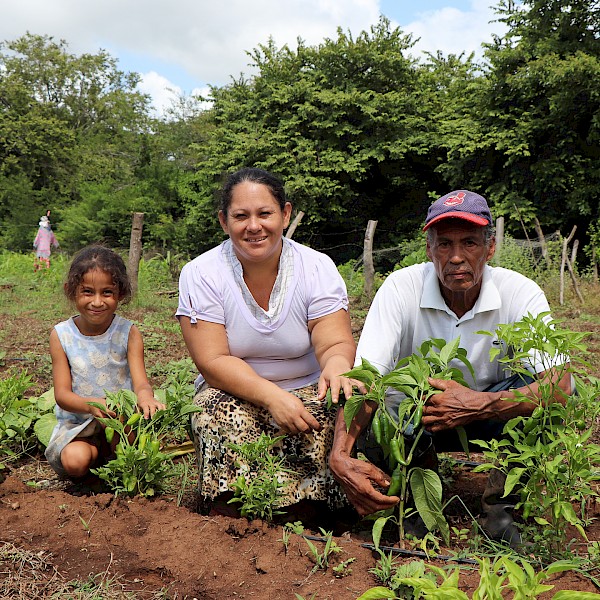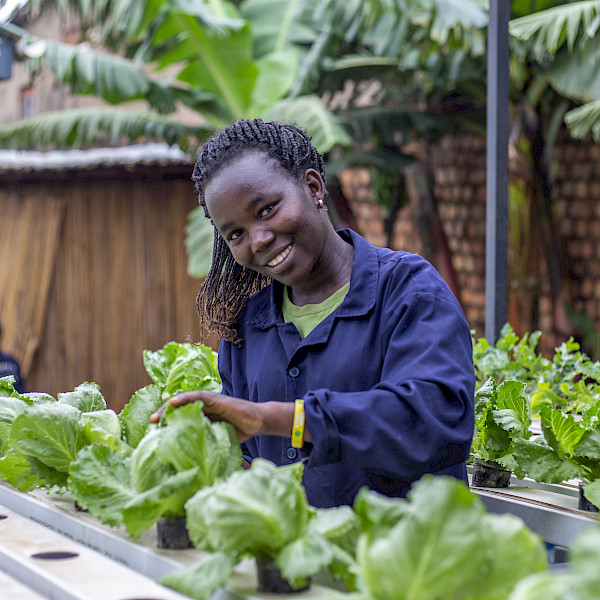Lebanon
New Citizens: employability program for young women in Lebanon

Duration
2019 – 2020

Budget
152 940 €

Beneficiaries
Women and youth
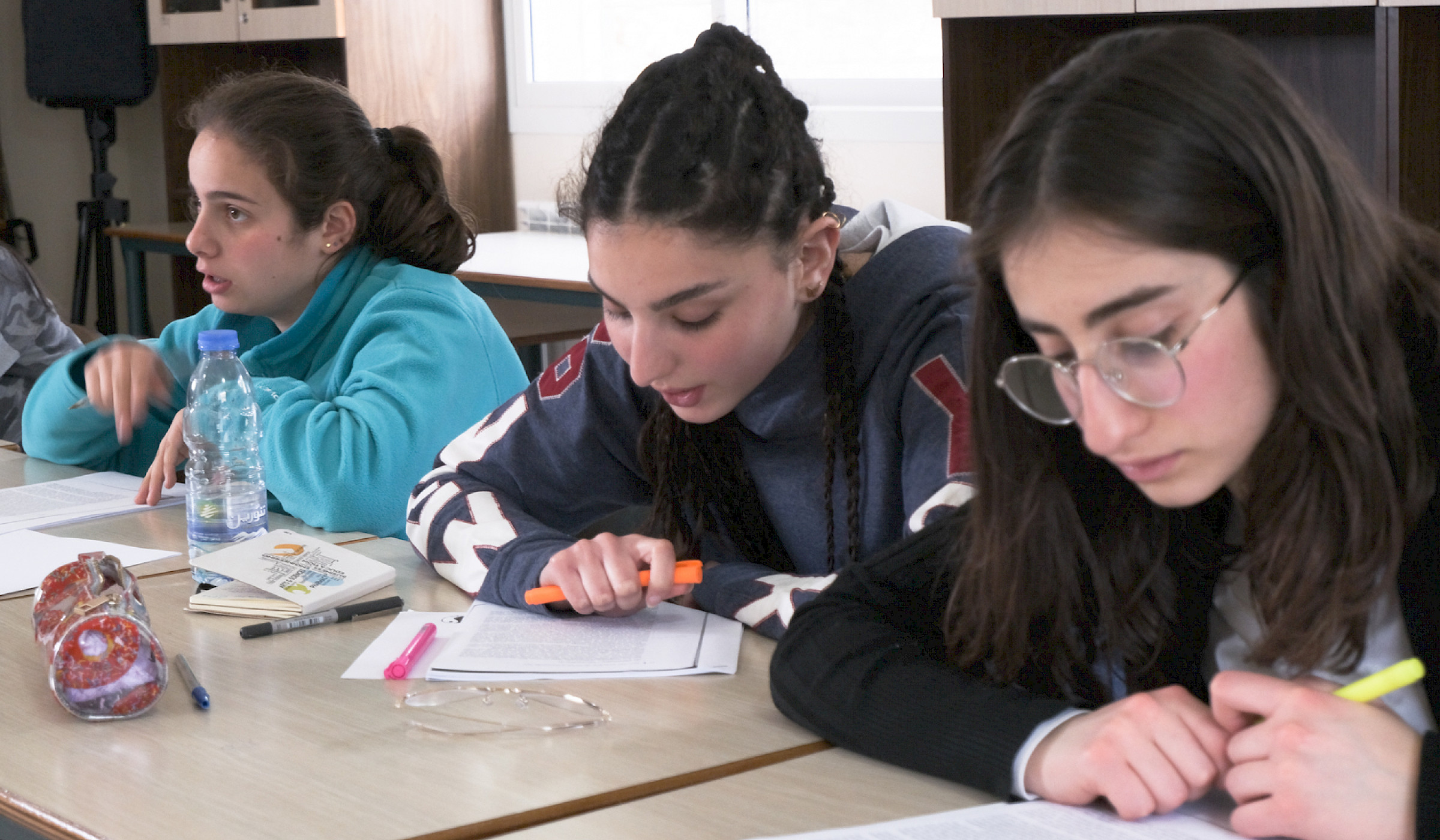


Supporting Employability in Lebanon
Migration in Lebanon has been a growing problem in the 21st century. Only 20% of graduates find a job in Lebanon. This is due to the oversaturation in academic professions while other professions are neglected. This is especially true in women-dominated fields, such as nursing, hospitality, tourism, pedagogy, etc. despite the increased demand.
The project contributed to the overall objective of reducing the strong trend of migration of Lebanese. We can see how meaningful the project is in the actual crisis. A large number of students, school staff, and parents were oriented toward careers with higher demand in the labor market. The modular training program contributed to orienting youth towards careers that respond to rural development. In addition, the project offered the parents training to better orient their children and respect their career choices.
As for the empowerment of youth enabling them to become active citizens and social entrepreneurs, the project contributed by giving a large awareness in schools, local associations, and youth groups. The trainings delivered, the volunteering hours done and the implementation of the social actions have given the youth an opening towards being part of the solution rather than seeing migration as the only way out. We may see how they became active citizens and got motivated towards social entrepreneurship, being that they received tools to respond to society's problems.
This project has been funded by the Ministry for Foreign Affairs of Finland.
Key Achievements and Outcomes:
- The orientation program raised awareness among adults and youth toward job offers. The exposure to technical careers as well as careers that respond to rural development has been achieved.
- Increased interest in technical careers with high demand by 60 %.
- Provided the women with new skills enabling them to make a better career selection as well as be equipped for their future lives.
- Motivated youth towards social entrepreneurship changing from a passive attitude of indifference towards social problems, to a proactive approach seeing themselves as being part of the solution.
Photo gallery
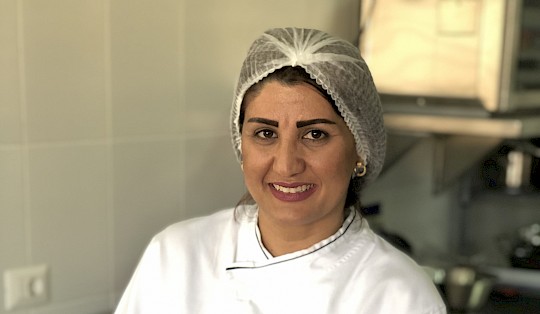
Countries
Bolivia
Home to the Andes mountains, Bolivia faces challenges such as poverty and environmental concerns, particularly among its indigenous populations. Our partnership with AYNI focuses on vocational training, literacy, and sustainable agriculture, aiming to empower marginalized communities and women.
Guatemala
In Guatemala, a country known for its rich indigenous heritage, we address the needs of women in disadvantaged situations through Fundación Junkabal. Our initiatives in vocational training and micro-entrepreneurship are designed to uplift women and advocate for human rights.
Kenya
Kenya's diverse landscape is the backdrop for our efforts to tackle poverty and unemployment in the country. Examples of our work include offering vocational education in Nairobi's slums through SET and Eastlands College of Technology, and improving the agricultural activities of rural women in Turkana County, both aiming to improve life quality and employment prospects with an integral formation model.
Lebanon
Lebanon, with its millennia-old heritage, navigates through profound economic crises and a significant refugee presence. In response, our partnership with PRODES and IMS is dedicated to empowering women through vocational training in hospitality, tourism, and gastronomy, equipping young women from rural areas for better prospects.
Nicaragua
Nicaragua, with its dramatic volcanic landscape, faces social unrest and economic difficulties. Our work with ANDECU supports women by investing in vocational training centers and micro-business resources, empowering them to improve their income levels and overcome challenges in their families and communities.
Uganda
Uganda, known for its diverse landscapes and rich cultural heritage, faces socio-economic disparities and gender inequality impacting vocational education access. Partnering with COWA, we provide women and youth with vocational training and technological empowerment to boost employment opportunities and economic independence, promoting gender equality and sustainable development.
